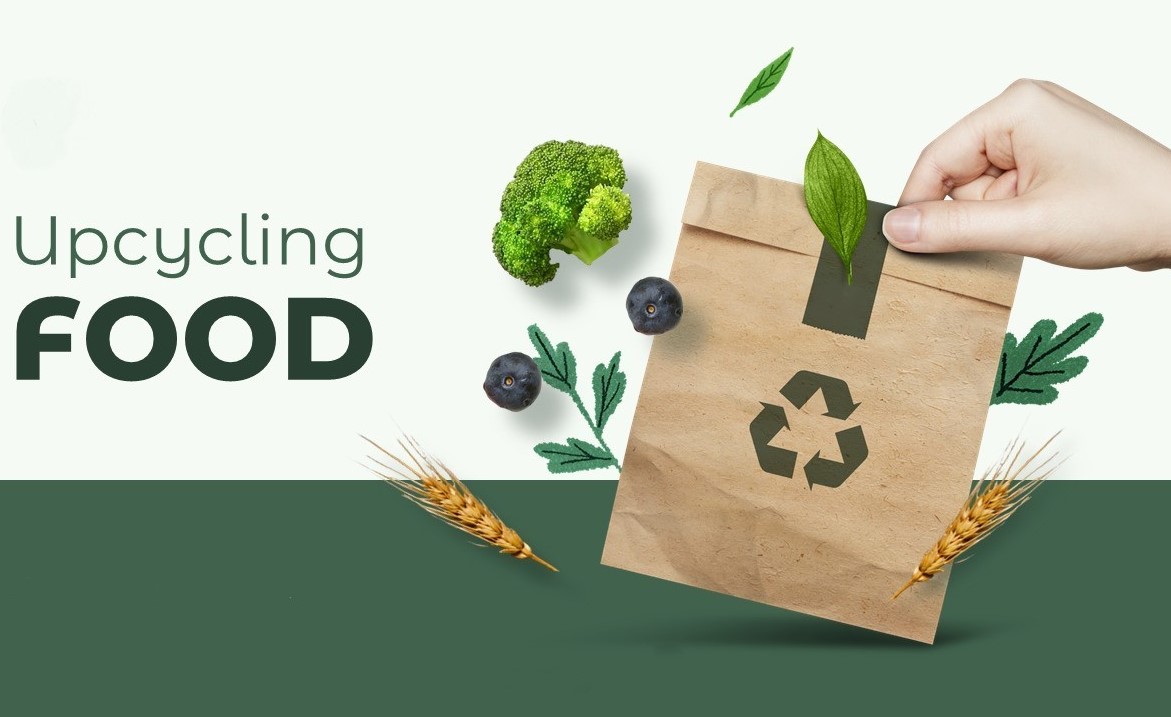Presidential Interdisciplinary Seed Grants
Reimagining Sustainability: Pioneering Upcycled Foods in Circular Food Systems

Reimagining Sustainability: Pioneering Upcycled Foods in Circular Food Systems
New Frontiers Track

Food waste is a pressing challenge in the United States, with nearly 40% of all American food being wasted. This alarming rate of waste exists concurrently with prevalent food insecurity, presenting not only a domestic challenge but also extending as a significant global concern. Upcycled food emerges as a pioneering solution to address these intertwined issues. Upcycled food products breathe new life into otherwise discarded ingredients, transforming them into items of higher value or quality. For example, consumers may encounter beer crafted from leftover bread, chips produced from misshapen vegetables, or pasta innovations using zucchini or sweet potato. As the first consumer product-based approach to food waste, upcycled food is both economically sustainable and scalable. Recent trends underscore upcycled food as one of the fastest-growing segments in the food industry. However, despite the potential benefits to both the environment and consumers, there are barriers to advancements in upcycled food. Existing literature indicates consumer hesitation towards upcycled foods, primarily due to consumers’ tendency to avoid unfamiliar or novel food items. As a result, there is uncertainty among consumers about whether upcycled foods are safe to eat and nutritious. Consequently, the anticipated consumer response to upcycled foods is largely unknown and worthy of exploration.
Our interdisciplinary team is well-positioned to undertake an early-stage exploration of public perceptions of upcycled foods utilizing a multifaceted research approach. The approach encompasses the use of national surveys of the U.S. public, analysis of social media analytics, and online experiments of consumer acceptance related to messaging tactics. Specifically, we will investigate how consumer characteristics influence their attitudes and consumption intentions associated with upcycled foods. Additionally, we will develop and test understandable and meaningful messages which will inform the development of tailored educational materials and communication strategies.
The outcomes of our studies will play a crucial role in enhancing public understanding, awareness, and trust in upcycled foods; thereby contributing to the development of circular food systems. In the long term, our exploration will establish a roadmap for conducting future transformative research, public outreach, and external funding pursuits with the goal of reducing food insecurity in at-risk communities and advancing environmental, economic, and social sustainability of domestic and global food systems.
Team Lead
Peng Lu
Agriculture Leadership, Education, and Communication
penglu@uga.edu
Team Members
Alexa Lamm
Agriculture Leadership, Education, and Communication
Jiyong Park
Terry College of Business
James Gratzek
Food Product Innovation & Communication Center
Abigail Borron
Agriculture Leadership, Education, and Communication
Hongjun Ye
University of Pittsburgh
Jonathan Deutsch
Drexel University
